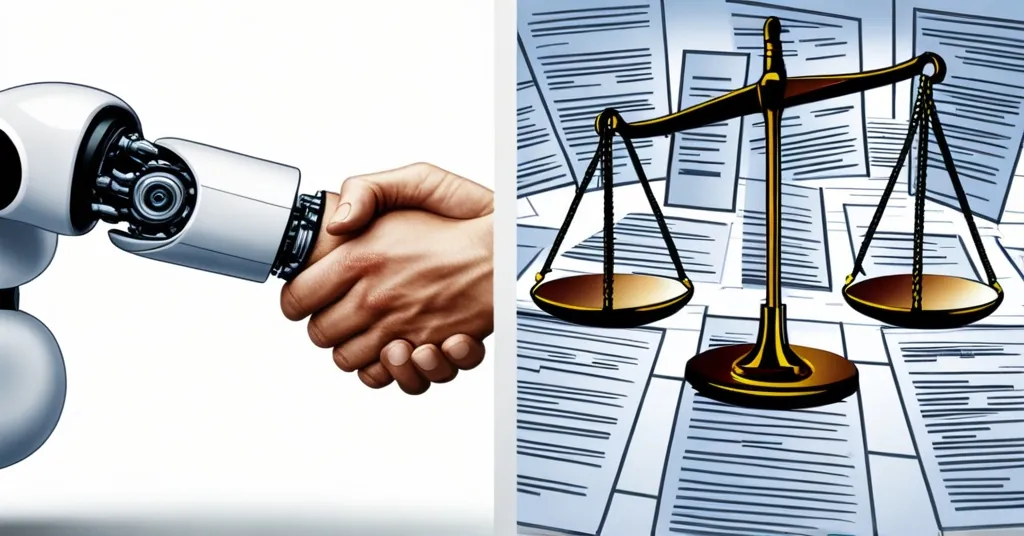Smart Contracts: Balancing Automation with Legal Challenges and Consumer Protection

Imagine a world where your next lease agreement or freelance contract is handled seamlessly and automatically. That’s the promise of smart contracts, digital agreements that execute transactions using blockchain technology. However, while these contracts offer efficiency and reduce reliance on intermediaries, their legal standing remains a significant hurdle.
– Transactions automated by code may face legal challenges.
– Smart contracts lack the flexibility found in traditional agreements.
– Global jurisdictional differences complicate legal enforcement.
At the core of smart contracts is the ability to self-execute terms without human intervention, potentially transforming business operations. By removing intermediaries, these contracts streamline processes and reduce costs. Yet, this same feature presents challenges, particularly when errors occur. Unlike traditional contracts, which can often be amended or voided, smart contracts bind parties to the coded terms, leaving little room for error correction or unforeseen circumstances.
The question of which laws apply to smart contracts adds another layer of complexity. As digital contracts operate across borders, determining which jurisdiction governs them is not straightforward. Some countries have begun recognizing these contracts, but others lag behind, resulting in a fragmented legal landscape. This disparity can lead to confusion and uncertainty about enforcement, especially when conflicts arise.
Consumer protection is another critical aspect that smart contracts must address. Traditional agreements often include clauses that safeguard parties from deceptive practices. Smart contracts, however, execute strictly based on the code, lacking the ability to consider consumer vulnerabilities or misunderstandings. This raises concerns about fairness and the potential for exploitation if the code is not transparent and accessible to all parties involved.
Innovative approaches aim to bridge these gaps, combining the strengths of smart contracts with the adaptability of traditional agreements. Hybrid models, for instance, incorporate arbitration clauses or fallback mechanisms, providing parties with avenues for dispute resolution and adjustment. Such frameworks could offer a middle ground, ensuring that the benefits of automation do not come at the expense of fairness or legal clarity.
As the adoption of smart contracts grows, ongoing dialogue among stakeholders—developers, legal experts, and policymakers—is essential. Crafting regulations that accommodate the unique nature of these digital agreements while ensuring protection and fairness will be key. Questions like how smart contracts can incorporate flexibility for unforeseen events or how international laws can align to facilitate global commerce deserve careful consideration.
The promise of smart contracts is immense, but addressing their enforceability challenges is crucial to unlocking their full potential. Engaging with legal and technical experts can pave the way for a future where smart contracts are both efficient and legally sound, fostering a more streamlined and equitable digital economy.



